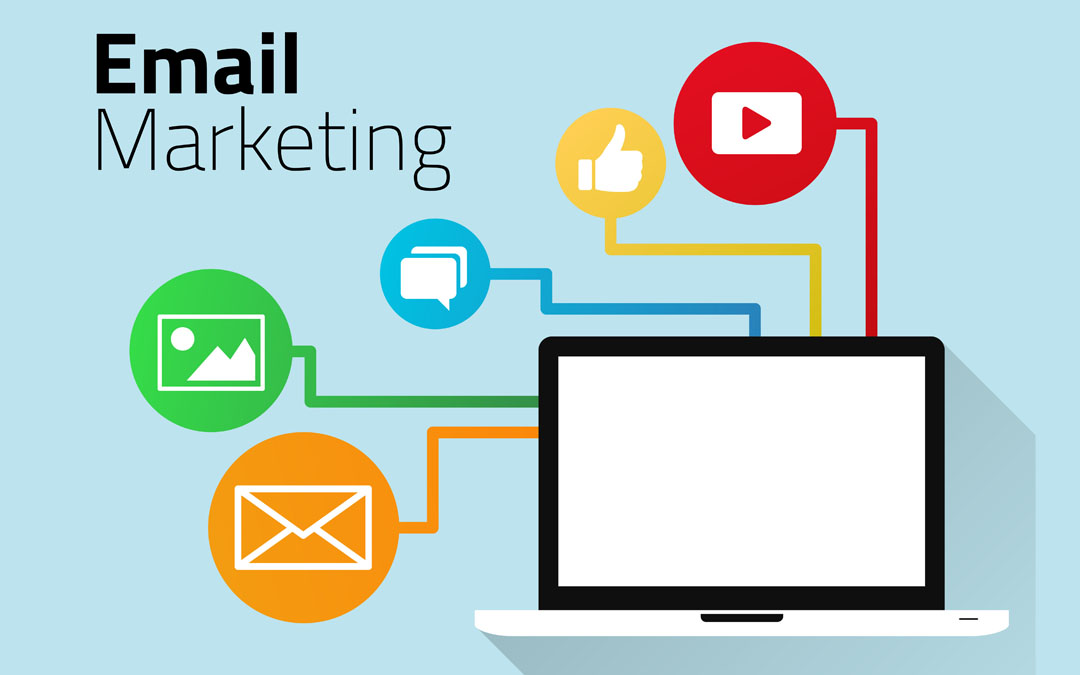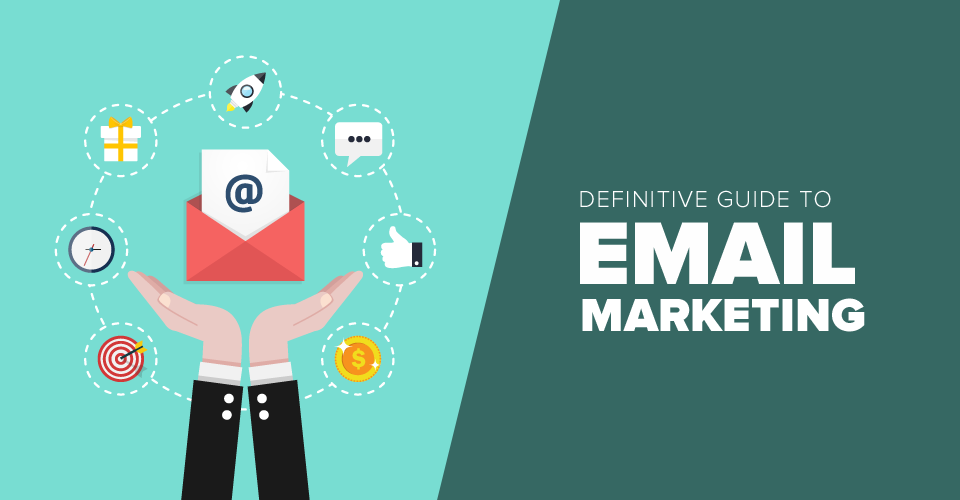
Email Marketing Tools are incredibly important in today's marketing and communication techniques. They allow businesses to connect with their customers, share information, and promote products or services. With emails, companies can reach a wide audience instantly, whether it's for sending newsletters, special offers, or updates. Moreover, emails can be easily tracked and analyzed to understand customer behavior and improve marketing strategies. In a world where technology is prevalent, emails continue to be a powerful tool for effective communication and successful marketing campaigns.

Email marketing tools are software or platforms that help businesses manage and automate their email marketing campaigns. These tools make it easier for companies to create, send, and track their marketing emails to reach their target audience effectively. Here's how email marketing tools work:
1. Email Creation: Email marketing tools provide templates and drag-and-drop editors that allow businesses to design visually appealing emails without any coding knowledge. Users can customize the layout, add images and text, and personalize the content to make it engaging.
2. Contact Management: Email marketing tools store and manage a company's email list or subscriber database. They allow businesses to segment their audience based on different criteria, such as demographics or purchase history, to send targeted and relevant emails.
3. Campaign Automation: These tools enable businesses to set up automated email campaigns. For example, a welcome email can be automatically sent to new subscribers, or a series of follow-up emails can be scheduled after a customer makes a purchase.
4. Email Sending: Once the email is created and the target audience is selected, the email marketing tool sends the emails on behalf of the company. They handle the technical aspects, such as email delivery, tracking, and handling unsubscribe requests.
5. Performance Tracking: Email marketing tools provide analytics and reporting features to track the performance of email campaigns. Users can see metrics like open rates, click-through rates, and conversions, which help them evaluate the effectiveness of their email marketing efforts.

Marketing emails are a common way for businesses to communicate with their customers. There are four main types of marketing emails that companies use to engage their audience:
1. Promotional Emails: These emails promote specific products, services, or offers. They often include discounts, promotions, or special deals to encourage customers to make a purchase. Promotional emails can be sent to existing customers or potential new customers.
2. Newsletter Emails: Newsletters are regular emails sent to subscribers to provide updates, news, and valuable information about a company or its industry. They can include articles, tips, upcoming events, or new product releases. Newsletter emails help build a relationship with customers by providing helpful content and keeping them informed.
3. Welcome Emails: When someone subscribes to a company's email list or creates an account, a welcome email is sent to greet them. It may include a warm message, a thank-you note, and an introduction to the company's products or services. Welcome emails are a great way to make a positive first impression and start building a relationship with new subscribers.
4. Abandoned Cart Emails: Sometimes, customers add items to their online shopping cart but leave the website without completing the purchase. These emails often include a reminder of the items left in the cart and may offer incentives like discounts or free shipping to entice customers to complete their purchases.
Each type serves a different purpose and plays a role in the overall marketing strategy of a company.

Yes, email marketing is still worth it. It remains one of the most effective ways for businesses to connect with their audience and promote their products or services. Emails allow companies to reach a large number of people instantly and provide personalized messages. They are cost-effective, easy to track, and can generate high returns on investment. Many people still use email as a primary means of communication, so businesses can leverage this to their advantage. By creating engaging and valuable content, businesses can build relationships with customers and keep them informed about new offerings or promotions. Overall, email marketing continues to be a valuable tool for businesses to connect with their audience and drive results.
There are several great email marketing tools available that can help businesses create and send emails to their customers.These tools provide easy-to-use templates, drag-and-drop editors, and features like contact management and automation. They also offer analytics to track email performance and measure success. With these tools, businesses can create professional-looking emails, reach a large audience, and monitor the results of their campaigns. Each tool has its own unique features and pricing plans, so it's important to explore and find the best email marketing tools that fit the specific needs of the business.
Conclusion
Email marketing is an effective way for businesses to communicate with their customers and advertise their products or services. It allows companies to reach people directly in their inboxes, making it an easy and effective way to deliver messages. With email marketing, businesses can build relationships with customers, share valuable information, and drive sales. It offers a cost-effective solution for reaching a large number of people and can be personalized to cater to individual interests and preferences. In today's digital world, email marketing remains an important strategy for businesses to engage with their customers and achieve their marketing goals.
Written by- Ananya Majumdar